Top Class Actions’s website and social media posts use affiliate links. If you make a purchase using such links, we may receive a commission, but it will not result in any additional charges to you. Please review our Affiliate Link Disclosure for more information.

If your credit card or debit card has been compromised, this could have occurred because your receipt included numbers it shouldn’t have. Even in the age of electronic hackers, less computer savvy criminals are looking for paper receipts that help them assemble credit card numbers like pieces of a puzzle.
The Fair and Accurate Credit Transactions Act (FACTA) allows receipts to show just enough information to make the transaction identifiable to the consumer and to the retailer. The numbers and other information enable the consumer and retailer to confirm the receipt is for a certain purchase on a defined date and time with a particular card in the event a return or refund is needed later.
Preventing credit card fraud can’t be totally left to retailers, though. As a smart consumer, you should always check your receipt to be sure the retailer is FACTA compliant. Even if you visit the same stores all the time, it’s still a good idea to check the receipts because software upgrades or equipment changes can leave a retailer unknowingly lax in FACTA compliance.
Merchants Responsible for Preventing Credit Card Fraud
It’s important to remember the FACTA laws regarding receipts apply only to computer-generated receipts. (Small mom-and-pop shops that still use machines that imprint the entire card on carbon paper, and any handwritten receipts, are exempt from FACTA laws.)
If your computer-generated receipt violates FACTA and you have such proof that the retailer is failing at preventing credit card fraud, you could file a lawsuit against the retailer. The Federal Trade Commission takes FACTA violations very seriously and will hand out penalties if a business fails to comply with the laws.
Retailers who fail at preventing credit card fraud have been ordered by courts to pay civil penalties and injunctive relief, the term used when a retailer is ordered to stop a specific offense. When a business is found to have violated FACTA, that business can be sued. When a retailer is determined liable for willful violations, the penalties can range from $100 to $1,000 or the monetary amount of damage the infraction produced.
A merchant is more apt to be found guilty of willful violations if the retailer “knew or should have known” of FACTA’s regulations and the need for preventing credit card fraud. Because the laws have been in effect since 2003, most retailers should be aware of FACTA rules and the repercussions of violations. The U.S. Supreme Court further defined “willful” for determining statutory damages as having a “reckless disregard” for the regulations designed to prevent identity theft. The ruling declined to portray “willful” to mean the same thing as “intentional.”
Merchants who are properly preventing credit card fraud take an active role in FACTA compliance. A business owner who reviews each terminal on a regular basis can ensure individual machines create FACTA-compliant receipts. Tax compliance website Avalara recommends thoroughly training employees on FACTA laws can help protect both the consumer and the business from potential FACTA violations. Preventing credit card fraud is a shared responsibility.
Types of Credit Card Fraud
Savvy consumers can take steps to protect themselves from identity theft, but not all identity theft can be prevented. This is the reason why legislators are contemplating laws that put more responsibility on merchants and other professionals involved in the purchase process.
According to one study, identity theft is the most common form of credit card fraud. It made up 45 percent of all credit card fraud in 2014. However, it’s not the only way in which credit card fraud can occur. Fraud also takes place via lost, stolen and counterfeit cards. An individual’s private credit card information can be obtained by too much information being printed on a receipt. With this informnation, for example, a credit card thief could make fake cards.
Credit card fraud does not require a thief to have access to the physical card. This is known as “card not present” fraud. If someone knows the expiration date of the card and the account number associated with it, they have enough to commit credit card fraud. Outside of creating a fake card, this kind of fraud can be carried out through the mail, phone, or the internet, reports Consumer Protect.
Even if you’re under the impression that your three-digit card verification code can protect you, remember that there are only 999 possible combinations for this verification code and criminals who already have the other details on your card will use this information in an effort to figure out the code.
Free FACTA Class Action Lawsuit Investigation
If you made one or more purchases and the retailer provided you with a receipt that contained more than the last five digits of your credit or debit card number or the expiration date, you may be eligible for a free class action lawsuit investigation and to pursue compensation for these FACTA violations.
ATTORNEY ADVERTISING
Top Class Actions is a Proud Member of the American Bar Association
LEGAL INFORMATION IS NOT LEGAL ADVICE
Top Class Actions Legal Statement
©2008 – 2024 Top Class Actions® LLC
Various Trademarks held by their respective owners
This website is not intended for viewing or usage by European Union citizens.






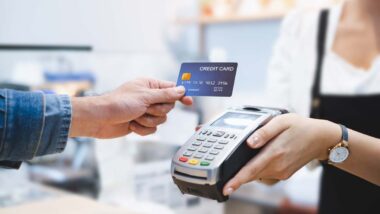
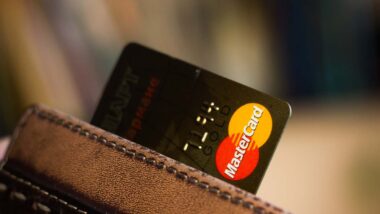



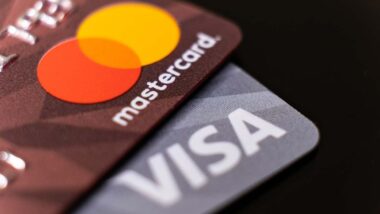
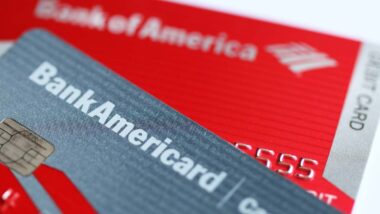
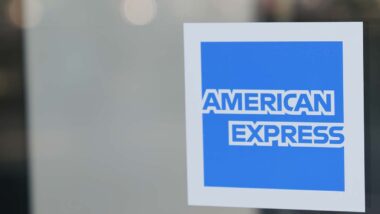
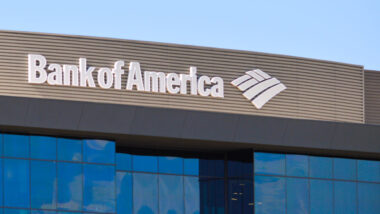
3 thoughts onPreventing Credit Card Fraud is Main Goal of FACTA Law
add me please
I have a slightly different issue. Got a call on my home phone in Baltimore from Lowes last night (3/2/2020). The lady thought “I” was in her store and she was trying to contact “me” in her store around 120 miles away in Warrington PA. I told her I was at home in Baltimore. She told me someone was there trying to buy something with a Lowes Contractor card. I said I only have an individual card. She said he has opened an account with my name, has a drivers license with my name. A bit later he came to the counter and I heard her tell him that she was on the phone with the person whose number he gave her. I overheard him tell her, loudly, “I did not give you that number, I gave you . . . .” I told the lady, that’s an old work cell phone number of mine. I said this person is a crook, what are you going to do about it? She said, we’re not allowed to do anything. Can you call the police? No, you have to do that. What good would that do, I’m two hours away, I haven’t seen him, can’t give a description. Can you call security? We don’t have any. Can you take his picture? No. Can you follow him out to his car and get his license plate number? No, we’re not allowed to leave the store. It’s a bit hard for me to believe that in a situation like this, there is ZERO obligation on the part of the merchant. Then I looked at my Lowes account online, someone racked up over $1100 to my account last Friday somewhere in New Jersey. Lowes won’t make me pay that but they didn’t lift a finger to keep this guy from getting away to strike again.
add me.